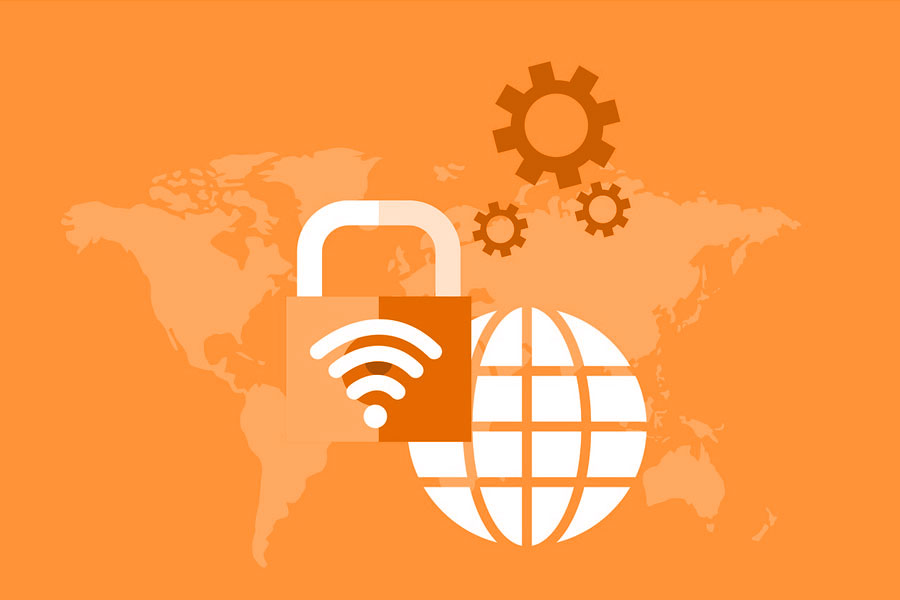Managed Security
Services
Managed Security Services (MSS), involves outsourcing the monitoring and management of security systems to a third-party provider. This allows businesses to benefit from round-the-clock protection against evolving threats like phishing and ransomware attacks.




